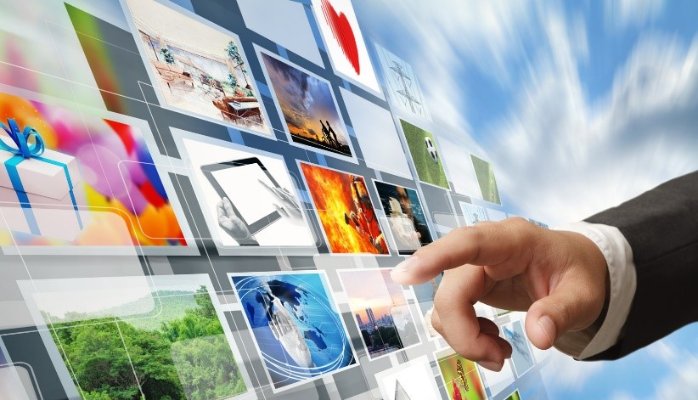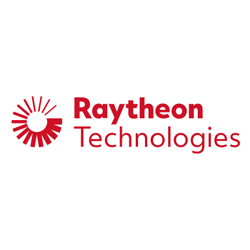How the Internet of Things Is Driving a Knowledge Revolution
- by Ronald van Loon

Think about a few things in your life right now. It really doesn’t matter what they are, as long as you interact with them daily. They could be your phone, your shoes, your watch, your car, your refrigerator, your garage door opener…you get the idea. What do all of these things have in common (besides you, of course)? Well, at the moment, they may not have much of anything in common, but within the next decade, you can expect every last one of them to have Wi-Fi connections to the Internet.
The Internet of Things is an interesting concept because, on one level, it’s still largely theoretical, but on another it’s already a network that you use every single day. The strict definition of the Internet of Things (IoT) right now is, per the Oxford English Dictionary, “A proposed development of the Internet in which everyday objects have network connectivity, allowing them to send and receive data.”
As much as it’s still a “proposed” development, though, we’re seeing a lot more than proposals in the IoT. As just one example, are you one of the millions of people around the world using fitness trackers to check their daily activity and caloric output? Fitbits, heart rate monitors, and other activity and fitness tracking devices were arguably some of the first “things” in the Internet of Things to come into widespread use.
Just a few years ago, if you wanted to shed a few pounds, you might go on a diet or start running a few miles a week. Now you can download an app to track your intake and track calories out with your fitness tracking device. And, because everything is connected, you can get all of the data you need in one place. Instead of counting calories and guessing at how much you need to run, swim, bike, or lift, you have all of the information you need in your pocket at any time, and your activities get logged automatically.
Data, Information, and Knowledge
[pullquote type="right"]How the Internet of Things Is Driving a Knowledge Revolution[/pullquote]
So how is your Fitbit going to drive a knowledge revolution? Well, when you connect your fitness tracker to your diet app, the two can work together to automatically tell you how much and what you need to eat to stay on track with your goals. They do this by recording data and parsing it into information that you or I can understand. Then, when that information is put in the context of a fitness plan, you have a lot more knowledge about your current fitness level, your goals, and your progress than you had before, all without doing any research on your own.
Now, imagine taking this example to a whole new level. As more and more of our devices and “things” are connected, they share more and more data, translate it into information that we can understand, and deliver it to us in contexts that create more knowledge than we’ve ever had access to before. With knowledge about our fitness and diet needs, the energy efficiency of our homes and cars, and much, much more, we will not be constrained by our natural memories or the time it takes to research these topics.
Instead, we can use the knowledge that’s being pushed to our fingertips on our phones, laptops, tablets, and smart watches to work faster, exercise more effectively, and enjoy more time with our friends and family.
[Social9_Share class=”s9-widget-wrapper”]
Ronald van Loon
Director at Adversitment
Latest posts by Ronald van Loon (see all)
- Digital Transformation in Healthcare: A Practical Success Case - 19 January 2023
- Why Organisations Nowadays Want an Analytics Platform - 30 October 2018
- AI Transforms Industrial IoT - 5 October 2018
Upcoming Events
Evolving Your Data Architecture for Trustworthy Generative AI
18 April 2024
5 PM CET – 6 PM CET
Read MoreShift Difficult Problems Left with Graph Analysis on Streaming Data
29 April 2024
12 PM ET – 1 PM ET
Read More




